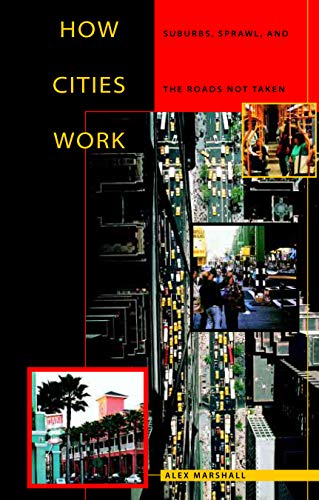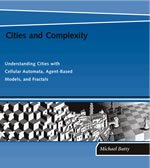hitting the books: two servings

 I've promised a urban activists book guide for sometime. I've fumbled with it and was trying to decide whether to list down the classic studies on urbanism, or just stay with practical readings that will hopefully lead you to other readings.
I've promised a urban activists book guide for sometime. I've fumbled with it and was trying to decide whether to list down the classic studies on urbanism, or just stay with practical readings that will hopefully lead you to other readings.
Being painfully aware of the dangers of dilettantish advocacy, I wanted to give a stronger foundation in the basics of urban history and dynamics. But then that road is too academic -and this is a blog on urban issues, not a course in urban planning.
So I think I'll forego the rationalization and just post about books I find interesting -which hopefully you will find interesting too. The caveat is, urban planning books are so hard to come by (unlike architecture and design books which seem to be in vogue) although the rise of New Urbanism has certainly increased the number of covers. Esoteric as they seem to be, there is an almost epicurean delight in finding one or two volumes lost in the stack of used or unsold tomes.
Here are two. The first is relatively accesible (bunny slope, if you will) called How Cities Work by Alex Marshall. Alex's book is a great counterpoint to the dogma of the new urbanists - citing their best contributions and questioning some of their assumptions. His ideas and insights are born of practical observations. Best of all, you can read almost his whole book through this section of his site. (I've had the pleasure of meeting and sharing a panel presentation with Alex.)
The more geekish (esp. Wolfram fans) will appreciate Cities and Complexity by Michael Batty (of Space Syntax fame) director of the Center for Advance Spatial Analysis. Although the jury is still out on the merits of space syntax -this book will give you a great introduction on how computers and the theories of emergence are helping us to understand (and hopefully manage) our cities better. Again, sections of the book will soon be available here.

No comments:
Post a Comment